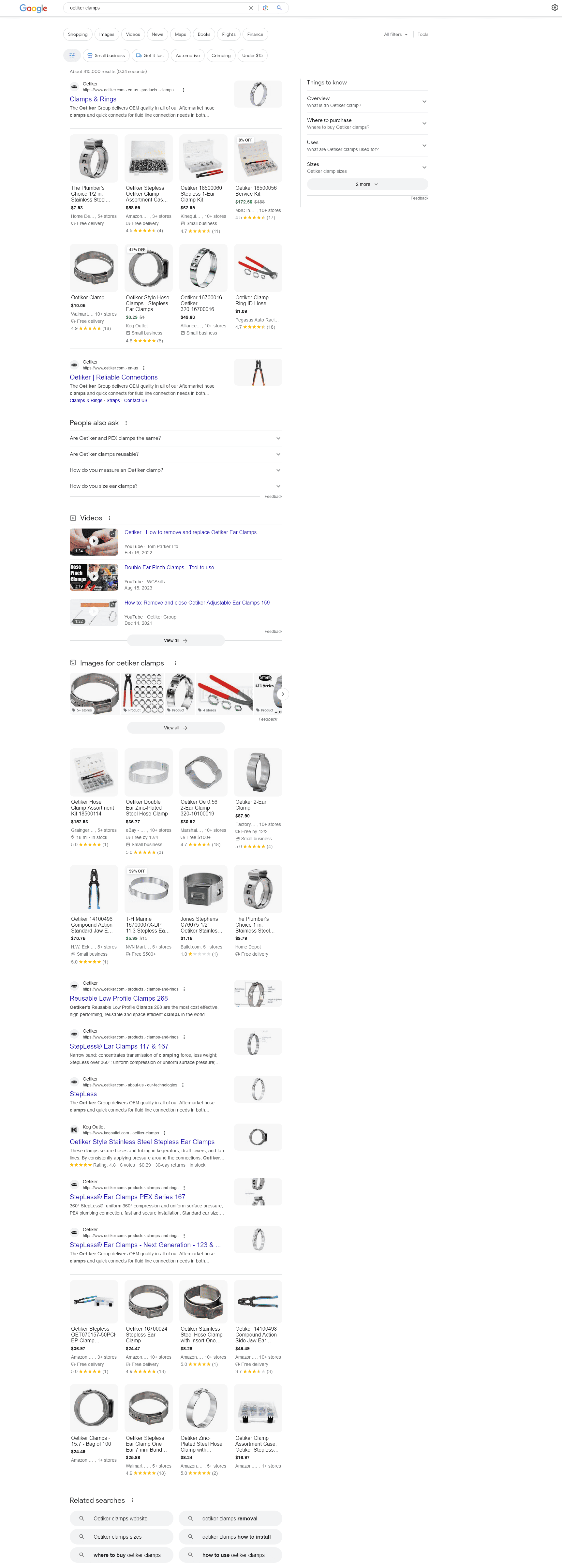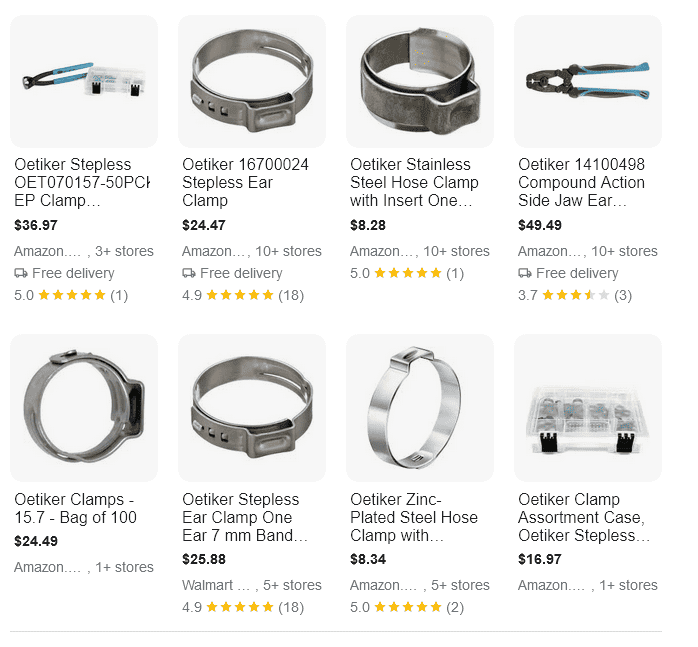- HOME
- CHECKOUT / CART
- LOGIN / REGISTER
- LINK BUILDING
- SEO
- SEO Packages
- Small Business SEO
- Corporate Enterprise SEO
- eCommerce SEO
- Local SEO Services
- SEO Case Studies
- Google Maps Marketing
- Google My Business Management
- Unnatural Links Penalty Recovery
- Shopify SEO
- SEO Consulting
- SEO Reseller Program
- SEO Affiliate Program
- Video SEO Optimization
- WordPress SEO
- WIX SEO Services
- OTHER SERVICES
- RESOURCES
- ABOUT
- About Us
- Why Us
- Testimonials
- INDUSTRIES
- Cannabis CBD Marketing and SEO
- Carpet Cleaning Marketing and SEO
- Cell Phone Repair Marketing and SEO
- Dental Marketing and SEO
- Drug Rehab Treatment Centers Marketing and SEO
- HVAC Marketing and SEO
- Junk Removal Marketing and SEO
- Law Firm Marketing and SEO
- Law Firm Website Design
- Marketing for Arborists and Tree Service Companies
- Medical and Healthcare Marketing
- Plastic Surgeons Marketing and SEO
- Plumbing Marketing and SEO
- Private Detectives / Investigators Marketing and SEO
- SaaS Marketing and SEO
- Strippers Marketing and SEO
- CONTACT
Why Google Search Results Suck So Bad? |
Why Google Search Results Suck So Bad?
For the past few years, it seems like Google SERP results are on a downhill trend. When performing a search using Google, you have to modify your search query multiple times or go through multiple pages in hopes of getting any related results. It seems like after all the new Google algorithm updates that are supposed to “improve” the search quality Google can’t properly understand some of the user queries, or maybe, it’s done on purpose.
Google has been accused of raising ad prices (https://www.theverge.com/2023/9/19/23880275/google-search-ads-competition-auction-prices-doj-trial-antitrust) and also secretly “altering” search queries (https://www.techdirt.com/2023/10/04/google-accused-of-secretly-altering-search-queries-to-drive-more-ads-and-sales/), so can we even trust those “quality” Google updates anymore?
Let’s look at some of the search results from Google:
Looks like domain clustering is back.
It seems like Google’s previous algorithm that was targeting “domain clustering” aka “multiple results from the same domain” is no longer there. Trying to search for a specific brand product now shows multiple results from that brand’s website. In most cases, those brands are just “manufacturers” and don’t sell the products directly. So why not display the brand website as a first result and then display the websites that actually sell their products (their distributors)? In most cases, if someone is looking for a specific brand product they want to see multiple results from different sellers to compare prices, shipping times, and availability, not 10 results from a brand website that doesn’t even sell the product.
For example, let’s say we are in the automotive industry and we need to purchase some “Oetiker Clamps”. We go to Google and type in: oetiker clamps
Whoah, look at these amazing results:

First, we get the brand website, which is fine. Then we got some videos and product listings and then back to 8+ results from the brand website. Why? Sure, we can argue “Well, you don’t have a clear intent if you want to buy some clamps, or if you are doing research on them”. Yes, and no. In most cases, if someone was performing research on the product they would type in specific search queries, like “oetiker clamp reviews”, “what oetiker clamps are used for” etc. The search query “oetiker clamps” most of the time means a person actually searching to purchase those clamps. Why Google decided to display 8+ results from a manufacturing website that doesn’t even sell them just doesn’t make sense.
Now, it’s not always like that, but it’s about a 80/20 chance that you’ll get the same type of results when performing a search for brand products. For example, Google got it right for “logitech superlight” where they show the brand website as the #1 and then different listings from the different sellers, but again, if we type in “lenovo laptops”, we are back to the same domain clustering results. Thought we went away with this back in 2013 (https://searchengineland.com/google-domain-clustering-change-159997), but looks like it made a comeback.
eCommerce results are nothing but useless product listings.
The most major downfall for Google results has been probably eCommerce results. Going back to our previous example, when did Google decide that spamming SERP results with product listings from the same website is a good user experience? Why do we need to look at the “wall” of product listings from the same 2-3 websites? Why not just combine them under that website search result with a button of “see more listings from this website” similar to site links?

In most cases, those product listings are from sites like Amazon, eBay, Walmart etc. Wouldn’t you think that everyone already knows about those marketplaces and would probably check them directly first, before going to Google? Why is Google displaying so many product listings from the same websites, almost intentionally pushing the user to those marketplaces?
It’s like a saying, “When you hang around the barbershop long enough, sooner or later you will get a haircut”. In this case, if you see the same listings over and over again you most likely click on one of them.Searching for anything eCommerce on Google now generates so much spam with “domain clustering” in product listings from the same websites that it’s honestly unbearable. In most cases the eCommerce results will be owned by Amazon, Walmart, eBay, and other large marketplaces giving small businesses almost no chance to show up for products that they are selling.
So much for claiming “helping small businesses” with “free product listings” – https://blog.google/competition/#overview – right?
Wrapping it up
It looks like the “playing field” is far from leveled. Chances of small businesses succeeding with Google now most likely have been cut in half compared to previous years, especially for anyone in the eCommerce industry. It feels like Google heavily favors the large brands and completely ignores the smaller ones, regardless if those smaller websites have better products or services.
Is it done on purpose to hit revenue goals and to push everyone to their paid channels? Who knows, we can only speculate. However, we are pretty sure that most webmasters would agree that Google search results took a huge nosedive in these past years even with all of the “quality” updates that they are claiming to release improving user experience.
It feels like Google is not trying to “improve user experience”, but rather influence it.
Our locations and Services:
Find us on Google maps for directions: Digital Marketing | SEO Las Vegas, Digital Marketing | SEO New York, Digital Marketing | SEO Phoenix, Digital Marketing | SEO Houston, Digital Marketing | SEO Atlanta, Digital Marketing | SEO Anaheim, Digital Marketing | SEO Alexandria, Digital Marketing | SEO Austin, Digital Marketing | SEO Calabasas, Digital Marketing | SEO Cleveland, Digital Marketing | SEO Corpus Christi, Digital Marketing | SEO Dayton, Digital Marketing | SEO Detroit,Digital Marketing | SEO Fort Worth, Digital Marketing | SEO Henderson, Digital Marketing | SEO Indianapolis, Digital Marketing | SEO Irvine, Digital Marketing | SEO Jersey City, Digital Marketing | SEO Knoxville, Digital Marketing | SEO Long Beach, Digital Marketing | SEO Los Angeles, Digital Marketing | SEO Medford, Digital Marketing | SEO Mesa, Digital Marketing | SEO New Orleans, Digital Marketing | SEO Palmdale, Digital Marketing | SEO San Jose, Digital Marketing | SEO Santa Clarita, Digital Marketing | SEO Santa Monica, Digital Marketing | SEO Scottsdale, Digital Marketing | SEO Sherman Oaks, Digital Marketing | SEO Seattle, Digital Marketing | SEO Tacoma, Digital Marketing | SEO Torrance

By placing an order, signing up for services from Marketing1on1 LLC or using this website you agree to Terms and Conditions and Privacy Policy
Copyright © Marketing1on1 LLC All rights reserved.
The content of this web site may not be copied, replaced, distributed, published, displayed, modified, or transferred in any form or by any means except with the prior permission of Marketing1on1 LLC.
Copyright infringement is a violation of federal law subject to criminal and civil penalties.
Blog | Accessibility Statement





